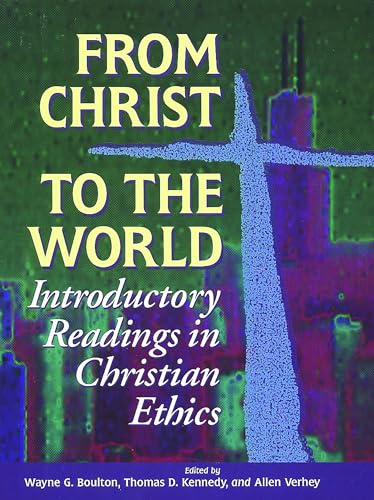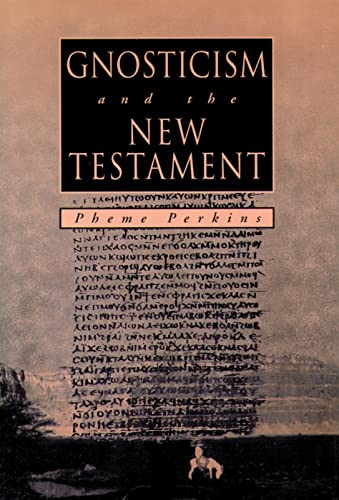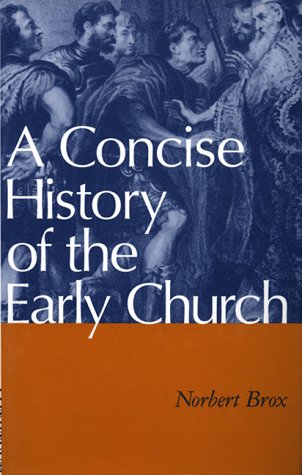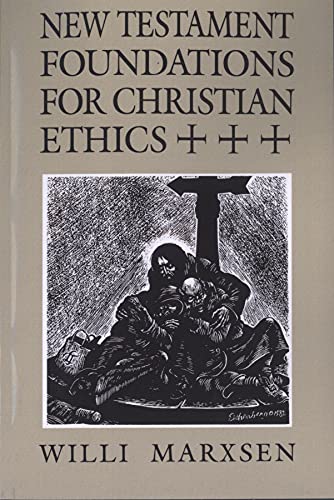From Christ to the World: Introductory Readings in Christian Ethics
Written by Wayne G. Boulton, Thomas D. Kennedy and Allen Verhey (eds) Reviewed By Howard M. AlucharmeThis textbook of 92 previously published selections is primarily intended for college-level classes on Christian ethics. Its objective is to show the diversity and complexity of topics germane to Christian moral theology. This aspect, which it does live up to, is also its limitation. An interested reader will not likely find enough here to resolve preferences among all the options presented. However, the greater need among potential readers may be that we ought to be less simplistic, less dogmatic and more understanding of the elaborate nature of moral theology. Toward this end, the book is organized into three major sections: Sources, Features and Issues in Christian Ethics.
Section I, on Sources of Christian Ethics, includes sub-sections on Scripture, Tradition, Philosophy, and Science. The lead-off article on Scripture and Christian Ethics is Verhey’s ‘Biblical Ethics’. He writes that biblical ethics are Inalienably religious, unyieldingly diverse but, in spite of our highest hopes and assumptions, there simply is no ‘timeless and coherent set of rules.… The one God of Scripture assures the unity of biblical ethics, but there is no simple unitive understanding even of that one God or of that one God’s will. To force biblical ethics into a timeless systematic unity is to impoverish it’ (p. 17). For example, the common division made of biblical directives into ceremonial, civil and moral laws does not in fact produce rigid categories. After all, ‘All of life is covenanted’ (p. 17). Thus a simplistic appeal of selecting one but not all of the moral laws (like ‘You shall not murder’, but not ‘Observe the Sabbath day by keeping it holy’) for inclusion into public law requires some very thoughtful theological carving-up of Scripture. A subsequent article by Gustafson refines the problem: What, precisely, is the moral law that is revealed in the Bible? Is it the new law of the ‘grace of the Holy Spirit writlen in the heart’, or lhe ‘law of love’, or something else? And how ought Scripture as revealed morality to be used? Should the language of moral ideals, or eschatological discourse, or some other notion be employed? These are, obviously, complex issues. In the sub-section Philosophy and Christian Ethics, brief readings indicate the diversity of positions: the natural law trnditlon, appeals to consrience, virtue ethics and the divine command theory all rely on reason, which evinces a degree of dependency of theology upon philosophy. In contrast, an article by Yannaras argues for the rejection of ‘reason’ as a source of morals in favour of an extraordinary sense of faith, identifying one as a ‘fool for Christ’.
Section II, on The Forms of Christian Ethics, further expands on the theme of diversity and complexity. The readings are preceded here, as in each section, by a brief introduction, followed by a few Bible verses. The three verses selecled illustrate the complexity found in biblical ethics. Exodus 20:1–17 is a list of moral duties. So shouldn’t biblical ethics be deontological and law-like in form? Luther and Calvin thought so. But Matthew 5:1–11, 17–48 indicates that the form in which Jesus taught ethics was essentially that of virtue ethics. So Aristotle and Aquinas also taught. But Galatians 2:15–21 may indicate that the formation of character occurs in the form of a ‘story’ we tell of ourselves. So Niebuhr taught. But active love is the Christlan’s ultimale guide. So Joseph Fletcher argues that situational ethics (a theological version of act utilitarianism) is the propor form of true Christian ethics. Then again, Jesus taught the moral equality of all who are made in God’s image. So Carol S. Robb develops a version of feminist ethics. There are indeed some complexities here.
Section III, on Issues in Christian Ethics, contains sub-sections on Christian sexual ethics, medical ethics, political ethics, economic ethics and environmental ethics. The selections are from writers in various degrees of revolt against the Christian tradition and others who defend the received traditions. Many articles here, however, are not concrete applications of theory to everyday moral issues. They are often as theoretical as those in the first two sections. For example, the sub-section on Christian medical ethics contains no articles that argue for resolute positions on abortion, euthanasia, suicide, foregoing life-sustaining treatment, humans as research subjects, genetic engineering, etc. If one is looking for reasoned arguments on these issues, one needs to look elsewhere. Verhey has edited a reader, On Moral Medicine: Theological Perspectives in Medical Ethics (Eerdmans, 1987). But a text edited by philosophers (i.e.Thomas Mappes and Jane Zembaty (eds). Social Ethics: Morality and Social Policy, 4th edn, McGraw Hill, 1992) is more likely to contain what one looks for here: refined arguments on the left, right and centre of each issue. Here one finds articles on the recent secularization of bioethics in the US, why medicine needs the church, the distinction between killing and allowing someone to die, etc.
This text will certainly prove useful in the hands of a knowledgeable instructor in an introductory course on Christian ethics. It will also be of benefit to the general reader who wants to become more aware of the intricate, diverse nature of moral theology. However, one will not find enough here to resolve many (any?) of the complexities uncovered. Critical evaluations of Fletcher’s act utilitarianism, Richard Mouw’s Divine Command Theory, Niebuhr’s aretaic metaphor, Ramsey’s deontology, competing theories of political and economic justice, etc., all require careful analysis and extensive study. But then, that is just the purpose of the book. If this limit is understood, one should have few complaints.
Howard M. Alucharme
University of Akron, Akron, Ohio






